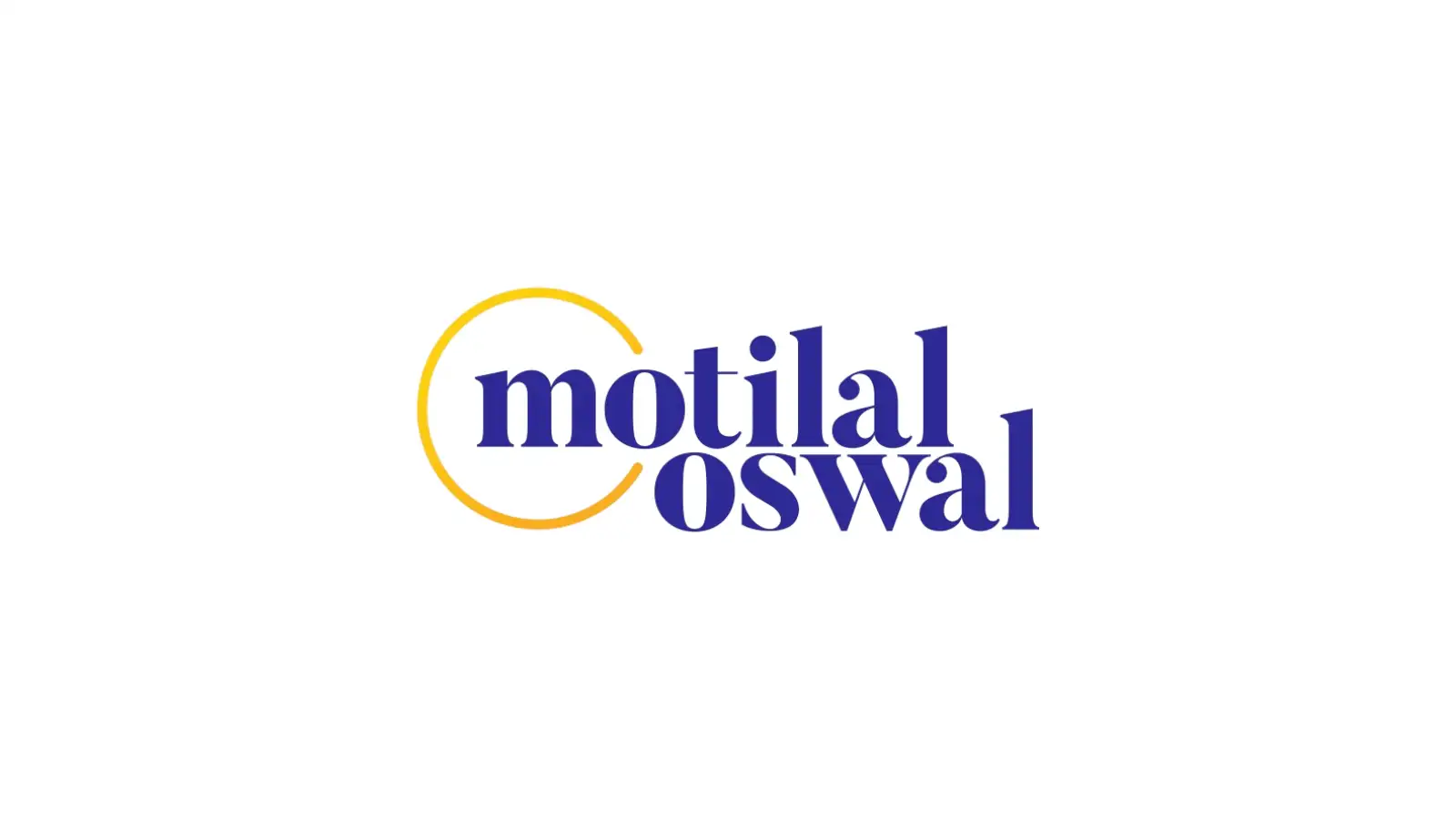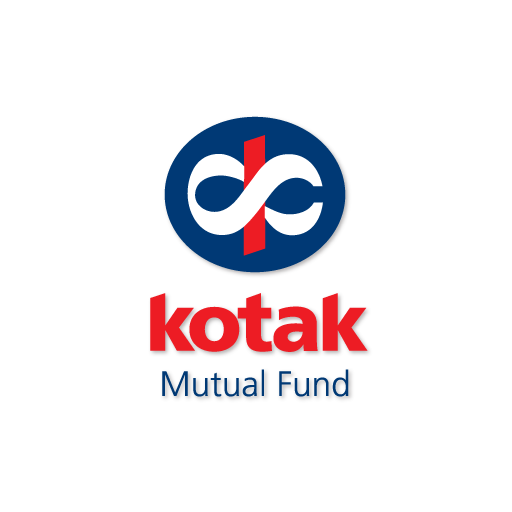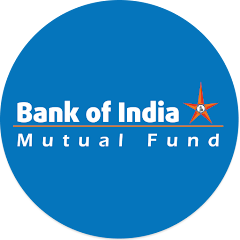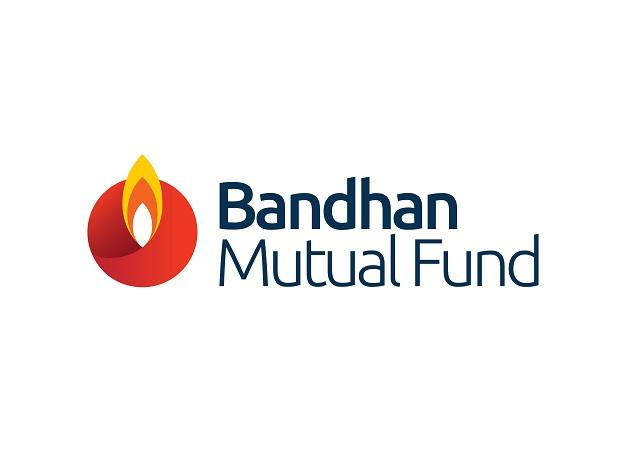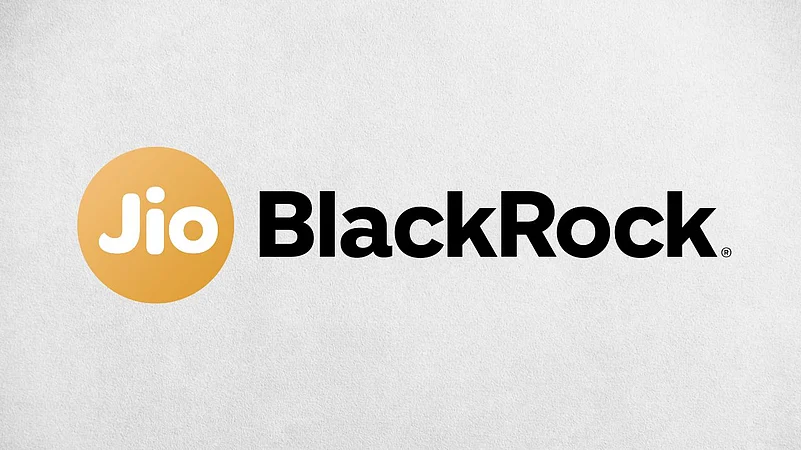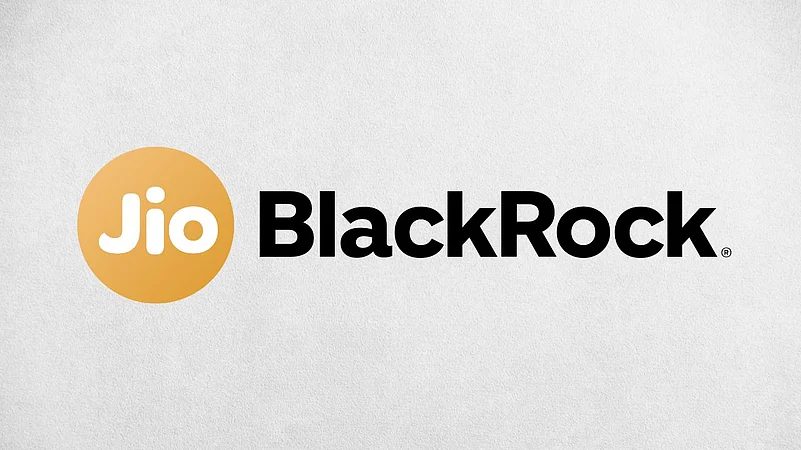New Fund Offers (NFOs) – Track, Compare & Invest Smarter in Mutual Funds
Returns from New Mutual Funds as on Date JAN 2024-JAN 2025
| Scheme Name | Inception Date | No. Of days | Since inception returns |
|---|---|---|---|
| Motilal Oswal Nifty Realty ETF | March 15,2024 | 108 | 32% |
| Canara Rob Manufacturing Fund | March 11,2024 | 112 | 25% |
| HDFC NIFTY Realty Index Fund | March 26,2024 | 97 | 24% |
| Motilal Oswal Nifty smallcap 250 ETF | March 15,2024 | 108 | 23% |
| Tata Silver ETF | January 12,2024 | 171 | 22% |
| Tata Silver ETF FOF | January 19,2024 | 164 | 21% |
| Motilal Oswal Large Cap Fund | February 06,2024 | 146 | 19% |
| Baroda BNP Paribas Innovation Fund | March 05,2024 | 118 | 19% |
| HDFC Nifty PSU Bank ETF | January 31,2024 | 152 | 18% |
| DSP Multicap Fund | January 30,2024 | 153 | 18% |
What is NFO ?
Let’s be honest — investing can feel confusing, especially when it comes to something like a New Fund Offer (NFO). That’s where we come in.
NewFundOffer.com was created with one simple goal: to make NFOs easy to understand and even easier to explore.
If you’ve ever wondered what an NFO actually is — here’s the short version. It’s a chance to invest in a brand new mutual fund, right when it launches, usually at a starting price of ₹10 per unit. Sounds great, right? It can be — but it also depends on what the fund is investing in, who’s managing it, and whether it fits your goals.
We don’t just list NFOs and walk away. We break things down. No jargon, no complicated charts — just clear insights into:
- What the fund is all about
- Where your money’s going
- What risks are involved
- And whether it aligns with your financial plans
Our belief is simple: informed investors make better choices. And while NFOs can offer great opportunities, they’re not magic bullets. There’s no past performance to rely on — so understanding the strategy and the people behind the fund becomes even more important.
Whether you’re new to mutual funds or looking to diversify, we’re here to help you navigate this space with confidence and clarity.
NewFundOffer.com — because early investing should feel exciting, not overwhelming.
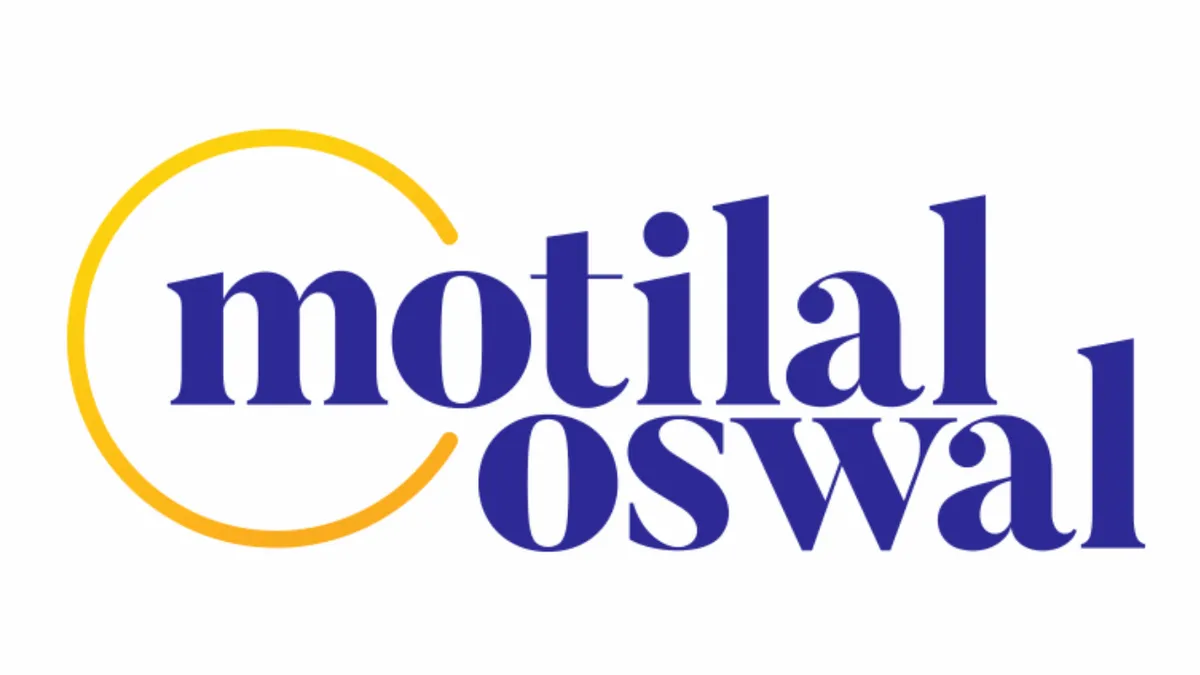

Other Services
Power Of SIP
Calculators
Financial Calculators
-
SIP Calculator

-
Lumpsum Calculator

-
STP Calculator

-
SWP Calculator

-
Retirement Planning

-
Delay Planning Calculator

-
Life Insurance Calculator

-
EMI Planning Calculator

-
TAX Calculator

-
Marriage Planning Calculator

-
Education Planning Calculator

-
Home Loan Calculator

-
Car Planning Calculator

-
Vacation Planning Calculator

